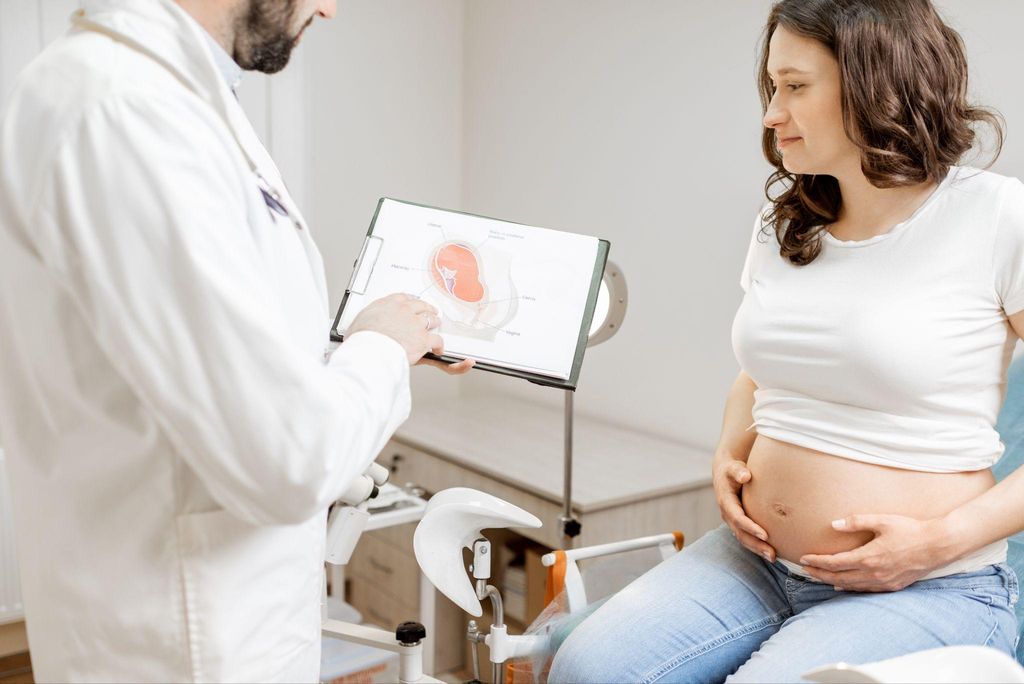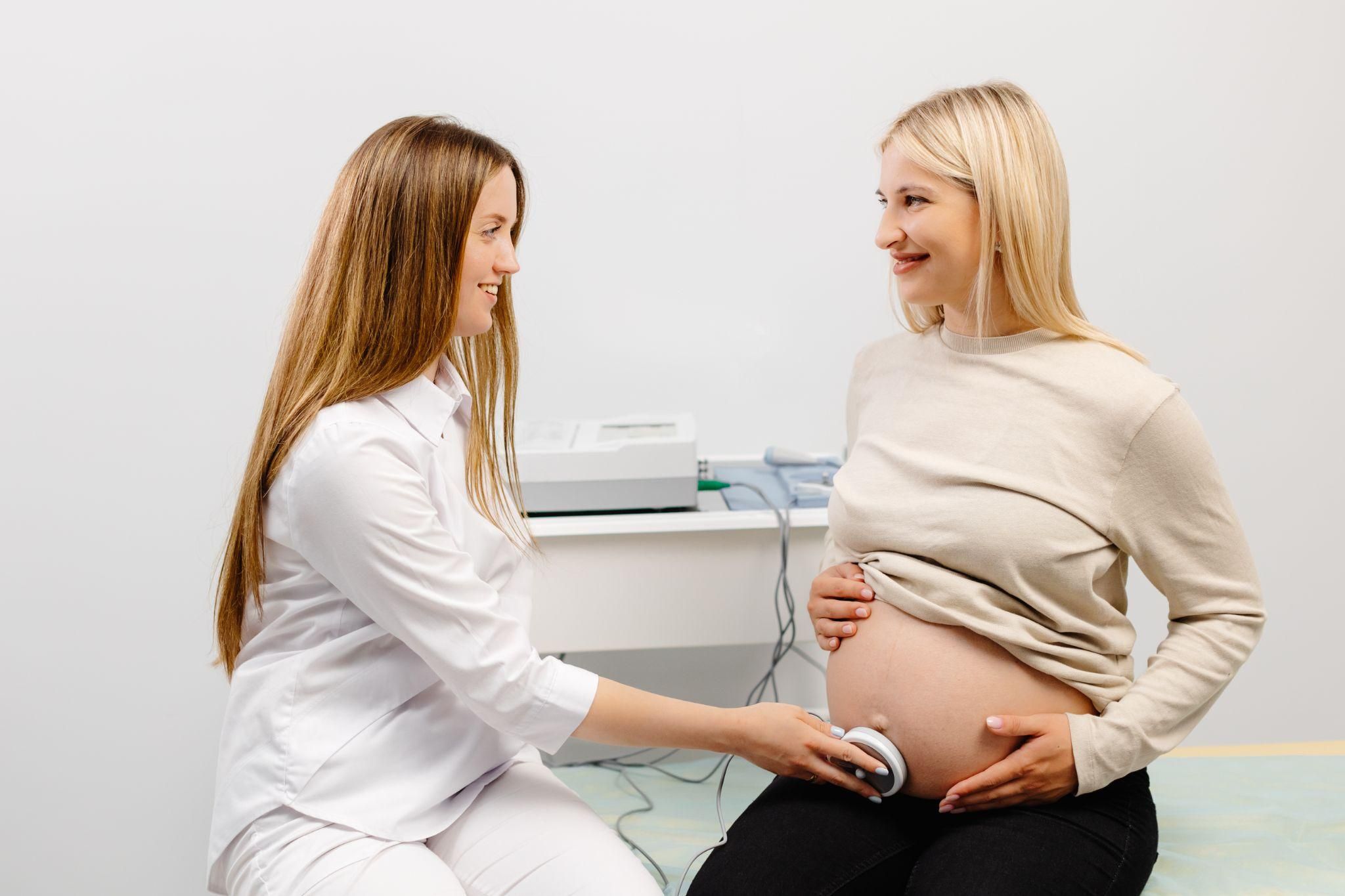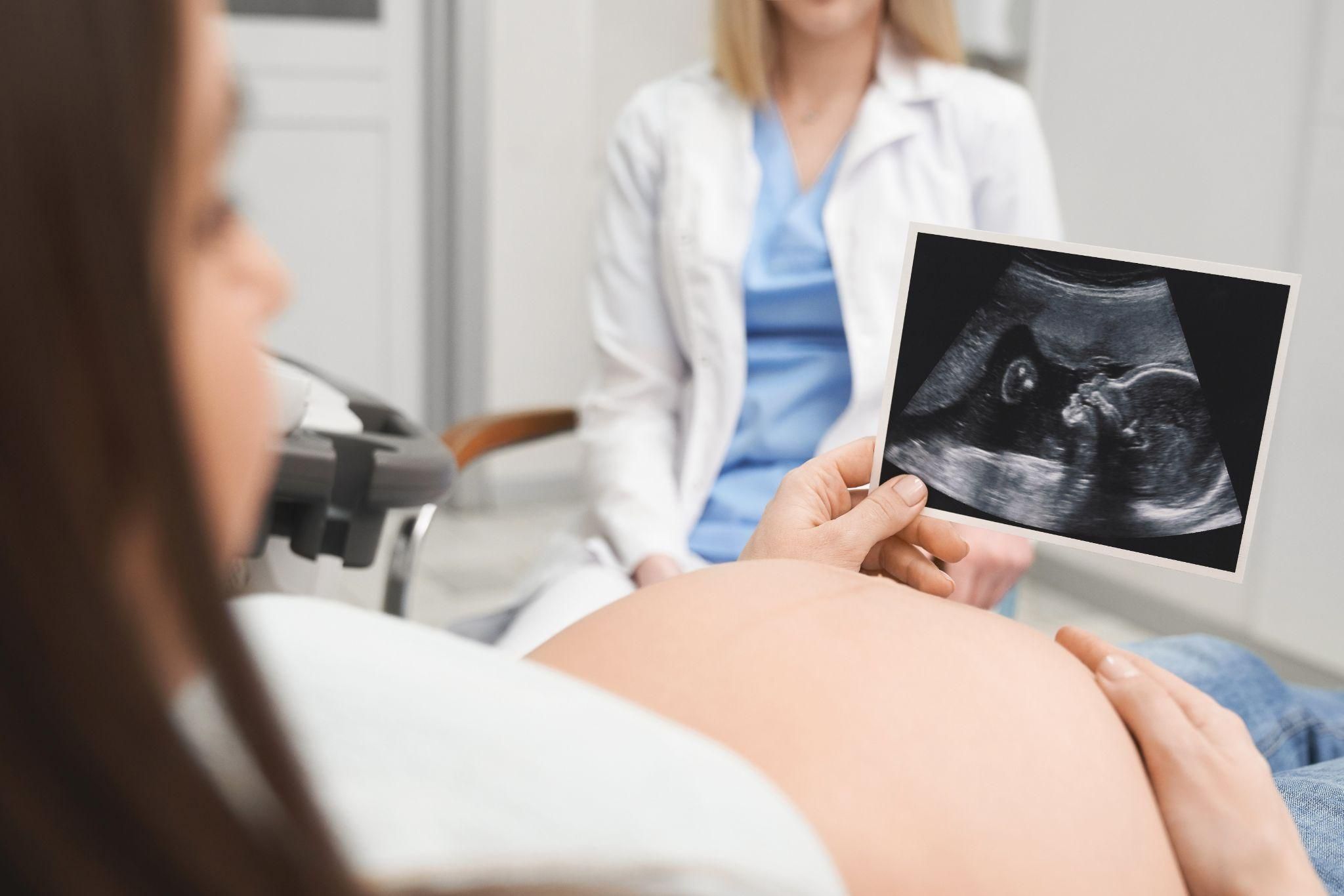Pregnancy is a transformative experience that requires a thoughtful and comprehensive approach to ensure both the mother’s and baby’s well-being. A holistic antenatal health plan addresses physical, emotional, and mental health, providing the foundation for a safe and fulfilling pregnancy journey. This guide outlines actionable steps to create a plan that integrates prenatal care, fitness activities like antenatal yoga, nutrition, and emotional support to optimise your antenatal care experience.
Why a Holistic Antenatal Health Plan Matters
Holistic antenatal health is about more than just physical well-being; it encompasses mental and emotional wellness too. A well-rounded plan ensures:
Reduced Stress: Activities like yoga during pregnancy and prenatal massage promote relaxation.
Better Pregnancy Outcomes: Regular antenatal checkups can identify potential risks early, preventing complications.
Enhanced Maternal Confidence: Antenatal education and classes empower expectant mothers with knowledge about labour, delivery, and postpartum care.
The World Health Organization (WHO) highlights that comprehensive antenatal care improves maternal and neonatal outcomes, ensuring a healthy start for both mother and baby (WHO, 2022).
Step 1: Establish a Schedule for Medical Care
The Importance of Antenatal Appointments
Regular antenatal appointments form the backbone of your health plan. These visits track your baby’s development and identify any issues early. The NHS recommends at least 10 appointments for first-time mothers and seven for subsequent pregnancies (NHS, 2023).
What to Expect at Appointments:
Health Checks: Monitoring blood pressure, weight, and baby’s heartbeat.
Antenatal Scans: Essential ultrasounds, such as the dating scan (8–14 weeks) and anomaly scan (18–22 weeks), to assess foetal health.
Blood Tests: Screening for conditions like gestational diabetes, anaemia, and infections.
Step 2: Prioritise Nutrition and Supplements
The Role of Antenatal Vitamins
A balanced diet is essential during pregnancy, but even the healthiest diet may need supplementation. Antenatal vitamins like folic acid, iron, and DHA support the mother’s health and the baby’s development.
Key Nutrients for Pregnancy:
Folic Acid: Prevents neural tube defects; 400 mcg daily is recommended.
Iron: Supports oxygen transport and prevents anaemia.
Calcium and Vitamin D: Critical for the baby’s bone development.
The American College of Obstetricians and Gynaecologists (ACOG) stresses the importance of these nutrients in maintaining maternal and foetal health (ACOG, 2023).
Tips for Optimising Nutrition:
Eat small, frequent meals to combat nausea.
Include leafy greens, lean proteins, whole grains, and healthy fats.
Limit caffeine to 200 mg daily.
Step 3: Incorporate Fitness with Antenatal Yoga
Antenatal yoga is a gentle form of exercise that combines stretching, strength building, and mindfulness. It’s tailored to meet the changing needs of the body during pregnancy.
Benefits of Yoga During Pregnancy
Improves Flexibility and Strength: Prepares the body for the physical demands of labour.
Reduces Stress: Breathing techniques lower cortisol levels and promote relaxation.
Eases Discomfort: Relieves back pain, improves circulation, and reduces swelling.
Getting Started:
Join pregnancy yoga classes led by certified instructors.
Focus on safe poses like Butterfly Stretch, Cat-Cow, and Child’s Pose.
Avoid deep twists or poses that put pressure on the abdomen.
Studies have shown that regular yoga practice during pregnancy reduces the risk of preterm labour and enhances maternal mood (Smith et al., 2021).
Step 4: Embrace Relaxation Techniques
Antenatal Massage
Prenatal massage is an effective way to address the physical and emotional stresses of pregnancy. Performed by a certified therapist, it helps alleviate discomfort while promoting overall relaxation.
Benefits of Massage for Pregnancy:
Relieves Muscle Tension: Especially in the back, hips, and legs.
Improves Sleep: Relaxation encourages deeper, more restorative sleep.
Reduces Swelling: Enhances circulation and reduces oedema.
Field et al. (2022) highlight that regular massages improve sleep quality and lower stress hormones, positively impacting maternal and foetal health.
Step 5: Build Emotional and Educational Support
Pregnancy can bring a mix of excitement and anxiety. Emotional support and education are crucial components of a holistic antenatal health plan.
Attend Antenatal Classes
Antenatal classes provide practical advice on labour, delivery, and newborn care. Topics often include:
Breathing techniques for managing pain.
Postnatal recovery tips.
Breastfeeding support and guidance.
The Royal College of Midwives (RCM, 2023) reports that antenatal education improves maternal confidence and fosters better decision-making during labour.
Create a Support Network
Engage with Family and Friends: Share your journey and involve loved ones.
Join Support Groups: Connect with other expectant mothers through local or online communities.
Step 6: Monitor Progress Through Antenatal Scans
Regular ultrasounds are a vital part of your antenatal health plan. They provide critical information about your baby’s growth and development.
Key Scans to Include:
Dating Scan: Confirms your due date and assesses early development.
Anomaly Scan: Conducted around 20 weeks to check for structural abnormalities.
Growth Scans: Monitors the baby’s development during the third trimester.
These scans, conducted at an antenatal clinic, are non-invasive and provide valuable insights into your pregnancy’s progress.
Step 7: Practical Tips for Holistic Antenatal Care
Stay Active: Incorporate light exercises like walking or swimming in addition to yoga.
Get Adequate Sleep: Rest for at least 7–9 hours a night to allow your body to recover.
Stay Hydrated: Drink at least 2 litres of water daily to support circulation and digestion.
Prepare for Labour: Pack a hospital bag early and finalise your birth plan with your healthcare provider.
The Long-Term Impact of a Holistic Antenatal Health Plan
A well-rounded antenatal health plan has lifelong benefits for both mother and baby. For mothers, it reduces the risk of postpartum complications and supports a quicker recovery. For babies, it ensures optimal growth, a healthy birth weight, and a strong start in life.
Benefits for Mothers:
Improved physical and emotional well-being.
Increased confidence during labour and delivery.
Benefits for Babies:
Reduced risk of developmental complications.
Enhanced immunity and long-term health.
Conclusion
Creating a holistic antenatal health plan is an essential step in preparing for a healthy and fulfilling pregnancy. By integrating antenatal appointments, balanced nutrition, prenatal yoga, and relaxation techniques like massage for pregnancy, expectant mothers can ensure they are taking care of their body, mind, and spirit. With the support of healthcare professionals, antenatal education, and a robust support network, you can navigate your pregnancy with confidence and ease.
Remember, every pregnancy is unique. Stay proactive, consult with your healthcare provider, and adapt your plan to meet your specific needs. A well-executed antenatal health plan benefits both you and your baby, setting the stage for a happy and healthy future.
References
World Health Organization (WHO). (2022). Recommendations on Antenatal Care for a Positive Pregnancy Experience. Retrieved from WHO Website.
National Health Service (NHS). (2023). Your Antenatal Care. Retrieved from NHS Website.
American College of Obstetricians and Gynaecologists (ACOG). (2023). Nutrition During Pregnancy. Retrieved from ACOG Website.
Field, T., et al. (2022). The Effects of Prenatal Massage Therapy on Stress Reduction and Sleep Quality. Journal of Pregnancy and Childbirth.
Smith, C., et al. (2021). The Impact of Yoga During Pregnancy on Birth Outcomes. British Journal of Obstetrics and Gynaecology.
Royal College of Midwives (RCM). (2023). Benefits of Antenatal Classes. Retrieved from RCM Website.
References
- The Ultimate Antenatal Classes
Prepare for labour, birth, and baby care with nine experts, including senior NHS midwives and an award-winning obstetrician!
https://unii.com/en/journey/ultimate-antenatal-classes









